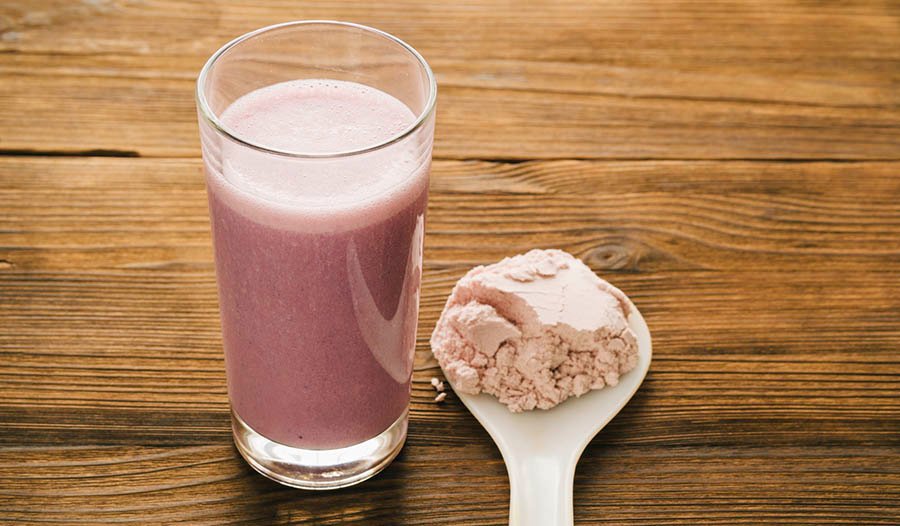By Manuel Villacorta, RD
We always take the time to pat ourselves on the back after a workout, but not many take the time to recover from one. One benefit of recovering is to prevent symptoms of overtraining which result when the body starts to break down as a result of too much exercise and not enough food. Another reason people should recover after exercise is to prevent the body from breaking down muscle. Not only is the thought of losing muscle sort of scary, but when you lose muscle, you also lower your resting metabolic rate. To put it simply, the more muscle you have, the more calories you burn even at rest. Therefore, conserving as much muscle–or lean body mass–as possible is important. The best way to do that is through proper nutrition.
Carbohydrates are also equally important to have for recovery. When you exercise you burn through a large portion of the glucose in your bloodstream as well as glycogen. Glycogen is the stored form of energy that the body keeps in your muscles and liver. To replete these stores to use for energy for activities outside of exercise, it is advised to eat high-quality carbohydrates. This means avoiding carbs that are refined and with excess added sugar. Good sources of recovery carbs would be brown rice, quinoa, berries and other fruits and vegetables. One fruit in particular of note for recovery is Montmorency cherries, especially their juice.
Fat is also an option after a workout, but be it comes from unsaturated sources such as avocados, nuts and seeds. As mentioned before, having a blend of all macronutrients (carbs, protein and fat), with an emphasis on protein and carbohydrates, is an ideal post-workout meal. If choose to go with a shake, throwing in some whey protein along with chia seeds make for a solid recovery drink with some healthy fats. Chia seeds not only contain omega-3s, but come in many different forms for consumption.
Nourishing the body is always a priority, but it is particularly important after a workout. If you choose to take a recovery supplement, that’s completely your choice. However, the recovery you get from food has about the same effects. Exercise is important, but what you eat after exercise is just as important.
This article was written by Manuel Villacorta, MS, RDN, an internationally recognized, award-winning registered dietitian-nutritionist with more than 18 years of experience. A media personality and trusted voice in the health and wellness industry. He’s a health blog contributor for The Huffington Post and on-air contributor for Univision. He is the author of four books, Eating Free, Peruvian Power Foods and his latest bestseller Whole Body Reboot: The Peruvian Superfoods Diet, and his fourth upcoming book titled Flat-Belly 365, that is to be published in January 2018. For more information on superfoods and nutrition from Manuel, visit wholebodyreboot.com.
This content was originally published here.

